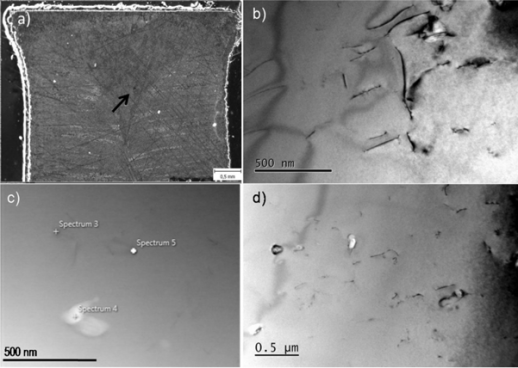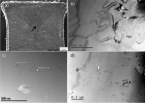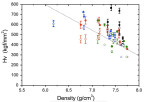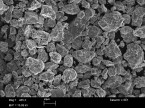2016
Cristina Balagna, Alessandro Fais, Katya Brunelli, Luca Peruzzo, Miroslava Horynová, Ladislav Čelko, Silvia Spriano
Abstract:
An innovative powder metallurgical process (Electro-Sinter-Forging – ESF) has been applied to a gas atomized Ni–Ti alloy powder to avoid the typical drawbacks of the conventional industrial processing of this material: oxygen pick up, high processing temperature and slow cooling rate. At the same time, the ESF allows to overcome the low sintering activity of the Ni–Ti powders. Sintered materials, produced by using different processing conditions, are characterized and compared. Results concerning the thermal, structural, micro-structural and mechanical analyses are reported and discussed. The density of the sintered samples increases by increasing the amount of applied energy and final pressure during the sintering process. The sample showing the highest density has a direct phase transformation on heating and cooling, with broad DSC peaks, and small thermal hysteresis; it is austenitic at room temperature, with a low amount of coarse (micrometric) precipitates, Ti4Ni2Ox nanometric precipitates and high hardness. The ESF sintering at highest energies induces a “band-type” microstructure with a preferential crystallographic orientation; the crystallographic texture of the sintered samples has been investigated through Electron Back Scattering Diffraction (EBSD) analysis and a fiber texture <100> has been evidenced. The ion release from the sintered samples has been investigated: it is comparable to commercial Ni–Ti alloys currently used and it is correlated to the sample porosity. The biocompatibility has been demonstrated towards fibroblasts.








